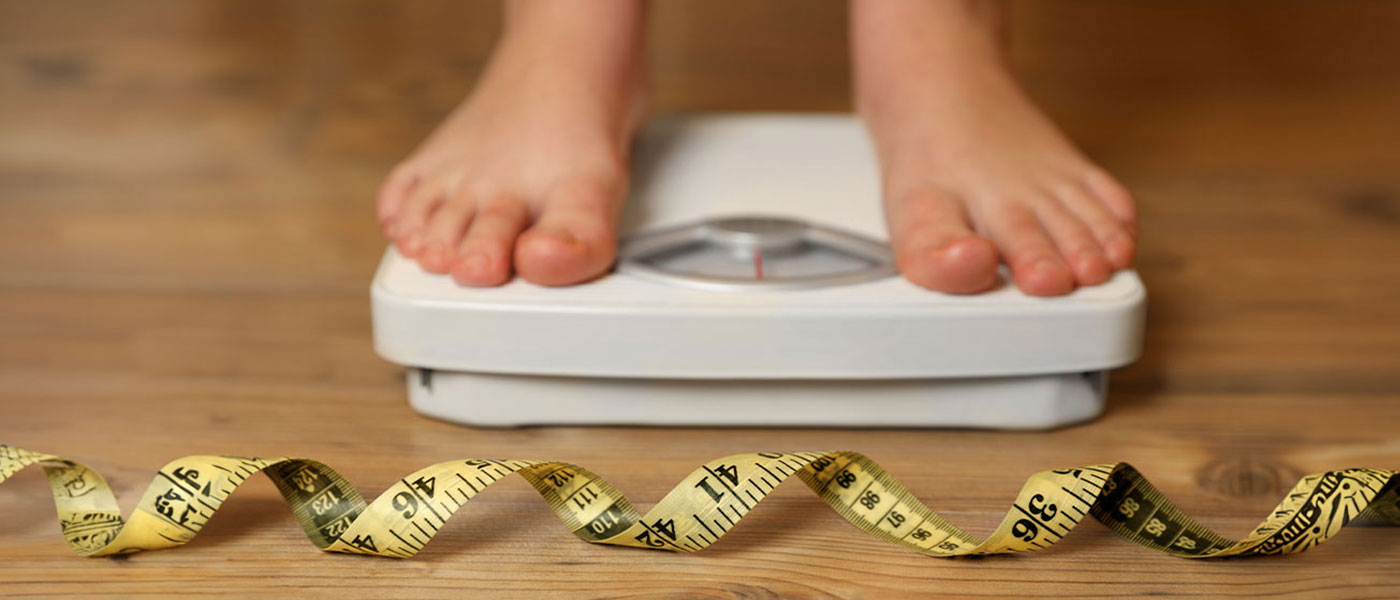
If you have high blood pressure, losing even a small amount of weight can make a significant difference. Research shows that shedding just 5 to 10% of your body weight can lower blood pressure, reduce strain on your heart, and improve overall cardiovascular health. The more weight you lose, the greater the benefits, potentially reducing or even eliminating your need for medication. However, managing blood pressure isn’t just about losing weight—it’s about maintaining a healthy lifestyle to prevent hypertension from returning.
At Genesis Lifestyle Medicine, we understand the challenges of weight loss and high blood pressure management. Our goal is to provide science-backed strategies, including medical weight loss programs, GLP-1 medications, and lifestyle interventions, to help you achieve sustainable results. In this article, we’ll explore how losing weight lowers blood pressure and share expert-recommended tips to support your weight loss journey.

How does losing weight help lower blood pressure?
Losing weight helps reduce blood pressure in multiple ways, from decreasing strain on the heart to improving insulin sensitivity. Here’s how:
Less strain on the heart
Excess body weight forces your heart to work harder to pump blood throughout your body. This increased workload raises blood pressure and puts you at greater risk for heart disease. Losing weight reduces the strain on your heart, allowing it to function more efficiently. As a result, your blood vessels relax, and your blood pressure naturally decreases.
Reduced insulin resistance
Obesity is linked to insulin resistance, which can contribute to high blood pressure. When your body struggles to use insulin effectively, it can lead to inflammation, arterial stiffness, and increased blood pressure. Weight loss improves insulin sensitivity, helping your body regulate blood sugar more effectively and lowering your risk of hypertension.
Decreased inflammation in blood vessels
Excess fat tissue releases inflammatory chemicals that can damage your arteries, making them less flexible and more prone to high blood pressure. Losing weight reduces inflammation, allowing your blood vessels to function properly and lowering your risk of hypertension. This is particularly important for preventing long-term cardiovascular complications.
Lower sodium retention
Carrying excess weight can cause your kidneys to retain more sodium, leading to fluid retention and higher blood pressure. Losing weight helps your body balance sodium levels, reducing water retention and improving overall blood pressure regulation.
Improved hormone balance
Obesity disrupts the balance of hormones that regulate blood pressure, such as leptin and adiponectin. Excess fat can lead to increased production of stress hormones like cortisol, which raises blood pressure. Weight loss helps restore hormonal balance, promoting better cardiovascular health and reducing hypertension risk.

Tips to lose weight and lower blood pressure:
Follow a nutrient-rich, heart-healthy diet
Eat a diet rich in vegetables, fruits, whole grains, lean proteins, and healthy fats. Limit processed foods, saturated fats, and added sugars, which contribute to weight gain and hypertension. Reduce sodium intake by avoiding salty snacks, canned soups, and restaurant meals. Increasing your intake of potassium-rich foods, such as bananas, spinach, and sweet potatoes, can help counteract sodium’s effects on blood pressure.
Engage in regular physical activity
Exercise helps burn calories, improve heart health, and lower blood pressure. Aim for at least 150 minutes of moderate-intensity exercise per week, such as walking, cycling, or swimming. Strength training twice a week can help build lean muscle, which boosts metabolism. If you’re new to exercise, start with short, manageable sessions and gradually increase intensity.
Manage stress effectively
Chronic stress triggers the release of cortisol, a hormone that raises blood pressure and promotes weight gain. Practice stress-reducing techniques like meditation, deep breathing, yoga, or spending time in nature. Engaging in relaxing activities, such as reading or listening to music, can also help regulate your stress response and support weight loss.
Get quality sleep every night
Poor sleep is linked to weight gain and high blood pressure. Aim for 7 to 9 hours of quality sleep each night to support healthy metabolism and cardiovascular function. Avoid caffeine and electronic screens before bedtime, and create a relaxing nighttime routine. Lack of sleep disrupts hunger hormones, making it harder to maintain a healthy weight.

Consider GLP-1 weight loss medications
GLP-1 receptor agonists, such as semaglutide (Wegovy) and liraglutide (Saxenda), help with weight loss by regulating appetite and improving blood sugar control. These medications mimic a natural hormone that slows digestion, reduces hunger, and enhances insulin sensitivity. By helping you eat less and burn fat more efficiently, GLP-1 medications can lead to significant weight loss, which in turn lowers blood pressure.
Limit alcohol and quit smoking
Excessive alcohol consumption contributes to high blood pressure and weight gain. If you drink, limit your intake to one drink per day for women and two for men. Smoking damages blood vessels and increases hypertension risk—quitting can improve heart health. Seek support through counseling, nicotine replacement therapy, or a smoking cessation program if needed.
Losing weight is one of the most effective ways to lower blood pressure and reduce your risk of heart disease. Even small weight loss can make a meaningful difference, helping you feel healthier and potentially reducing the need for medication.
At Genesis Lifestyle Medicine, we provide expert guidance, cutting-edge medical weight loss treatments, and personalized support to help you achieve your health goals. Whether through GLP-1 medications, customized diet plans, or lifestyle coaching, we’re here to support you in losing weight and improving overall health. Schedule a consultation today!



